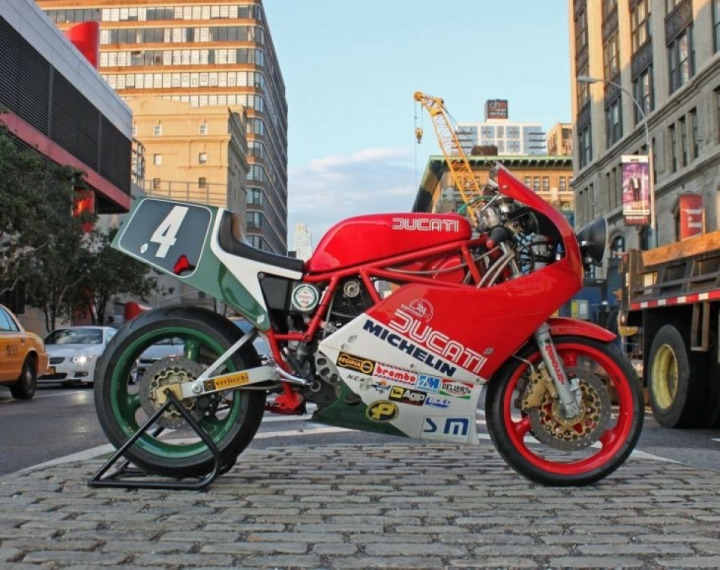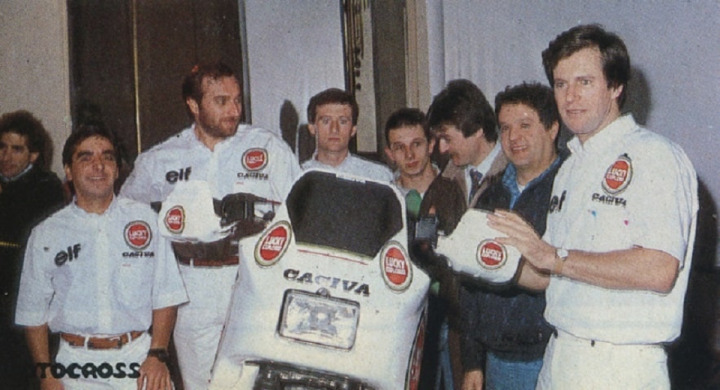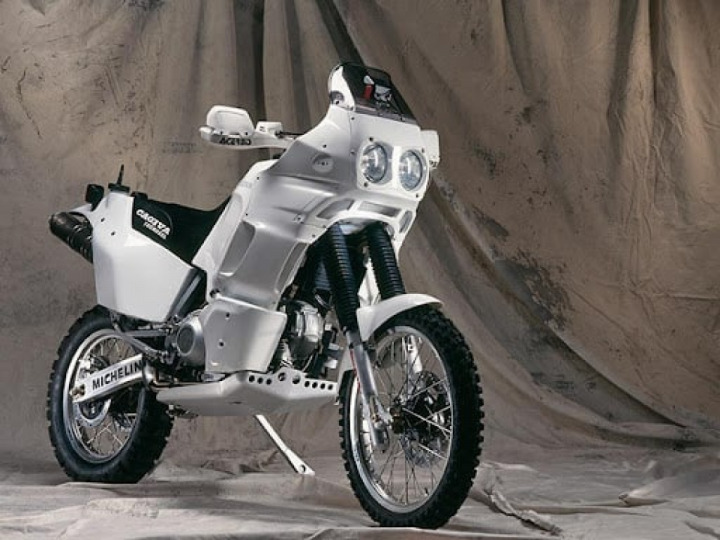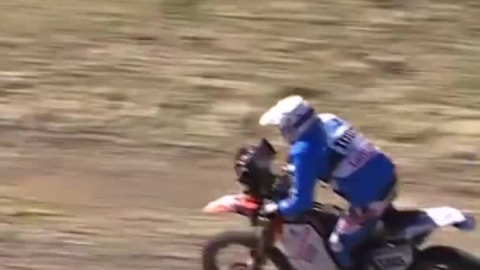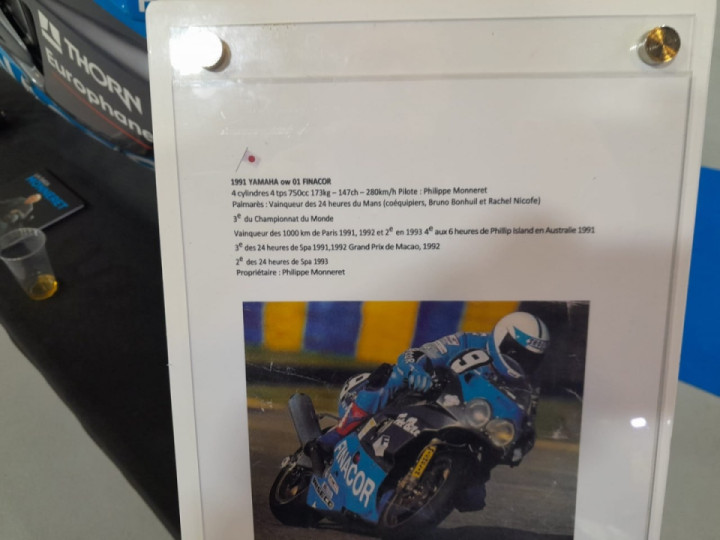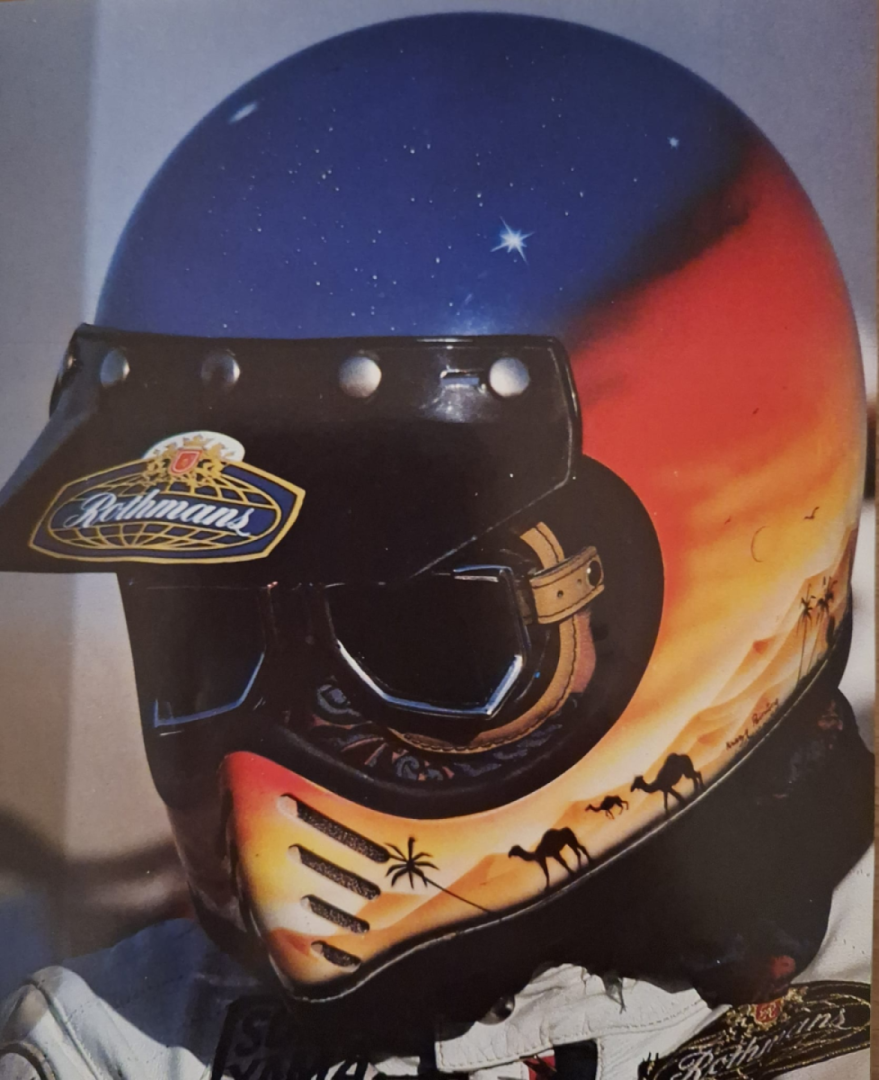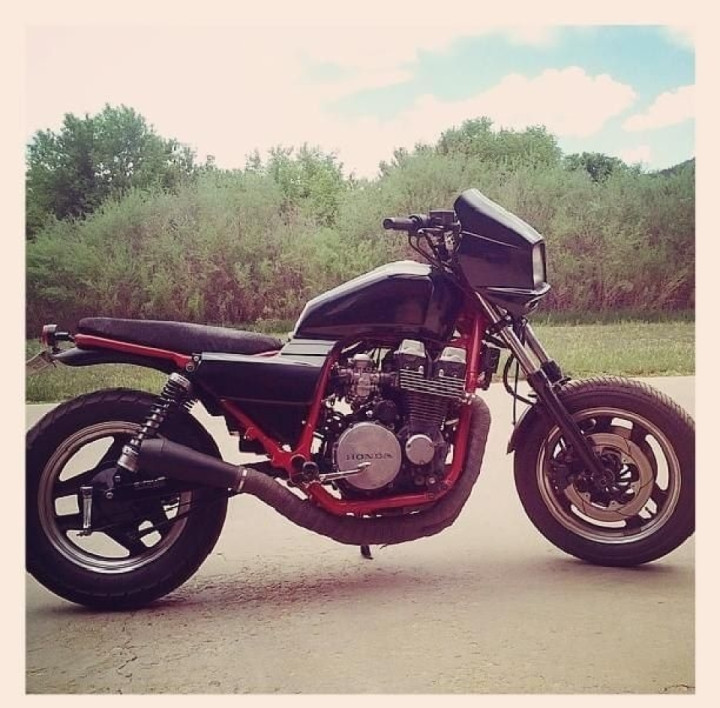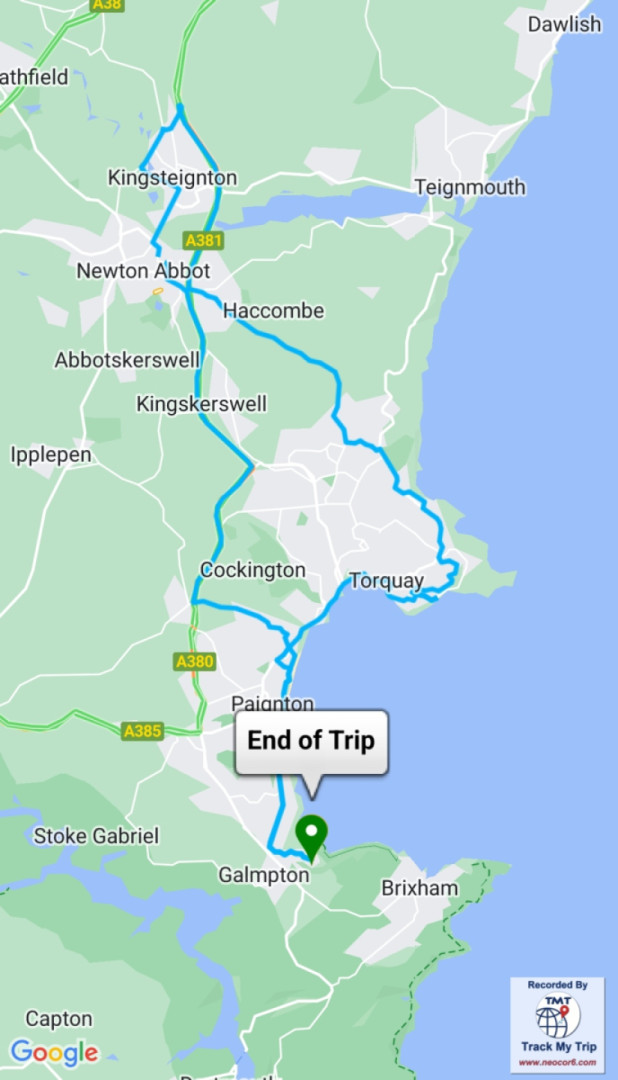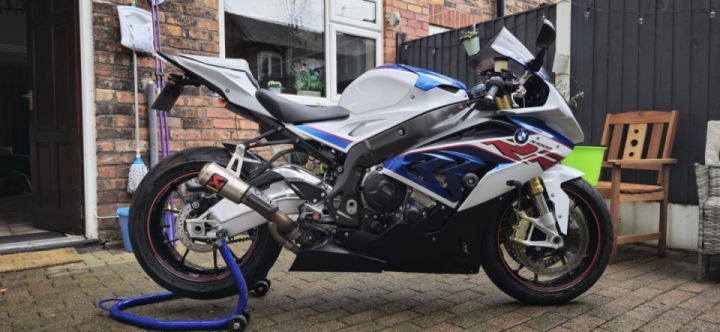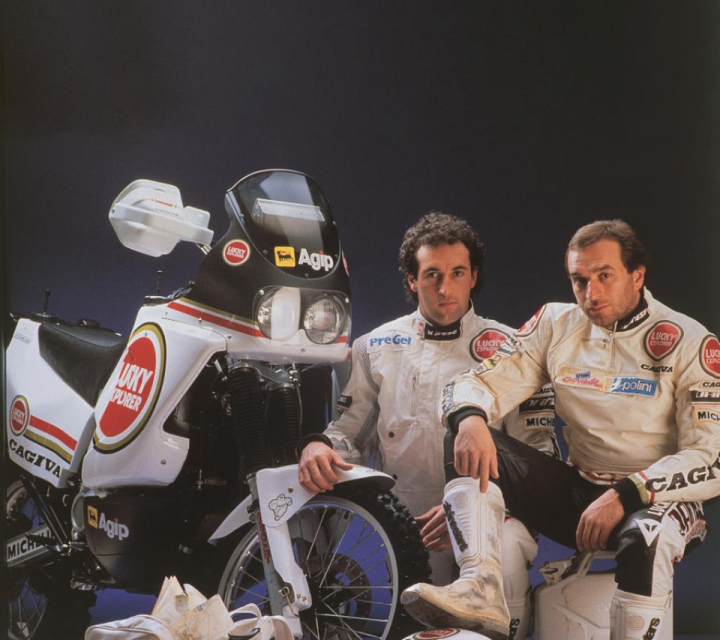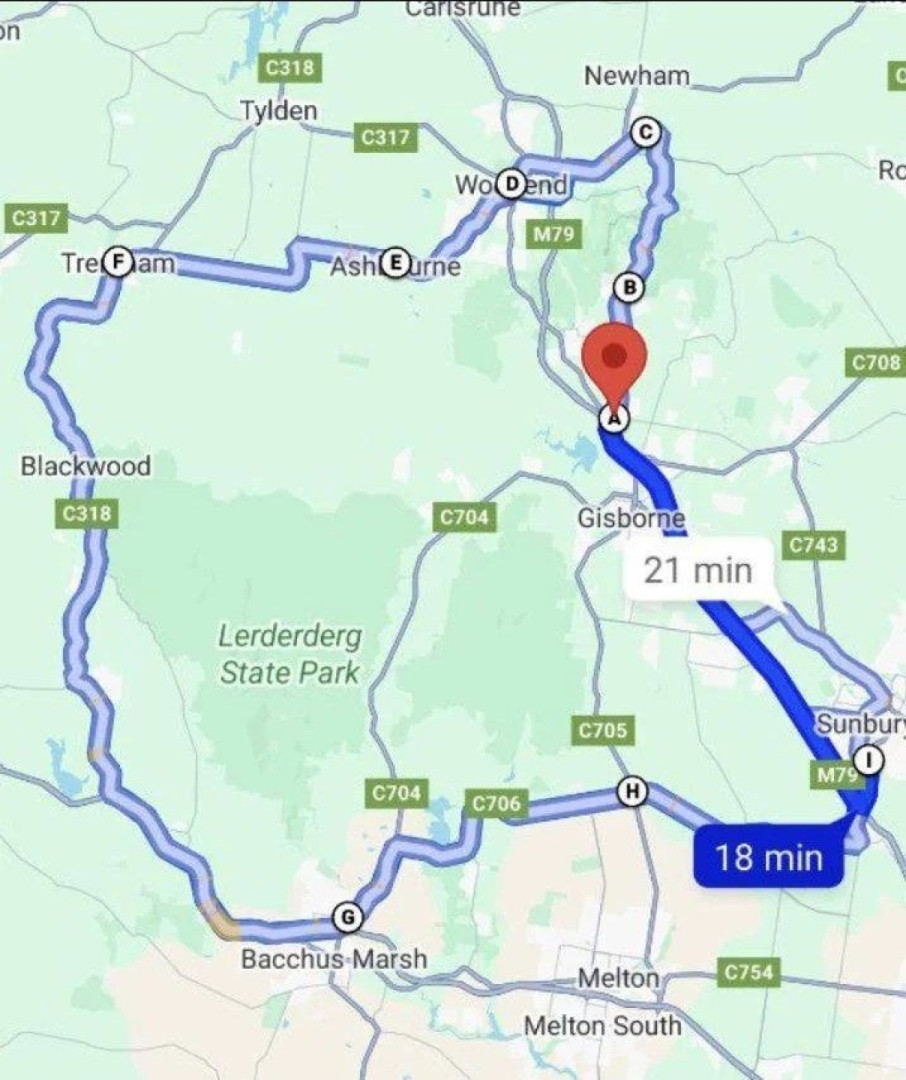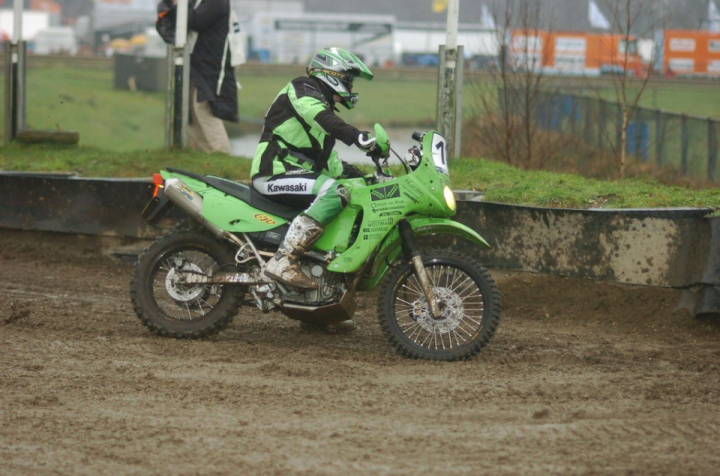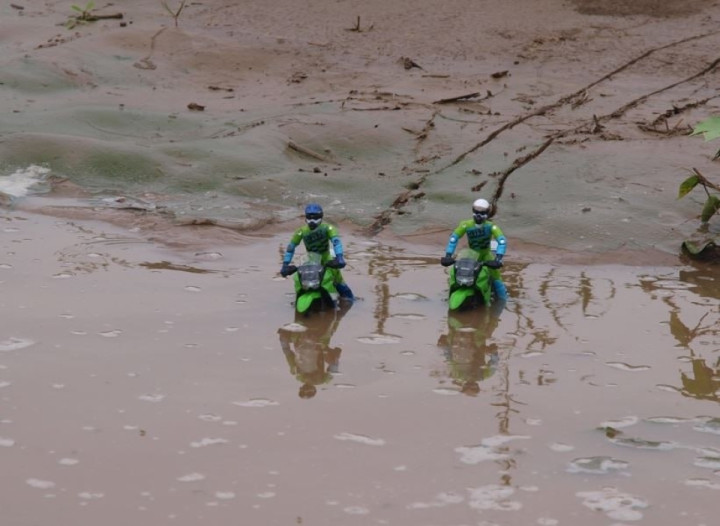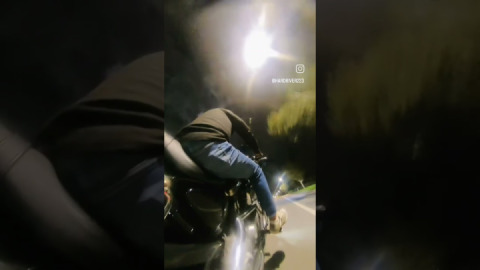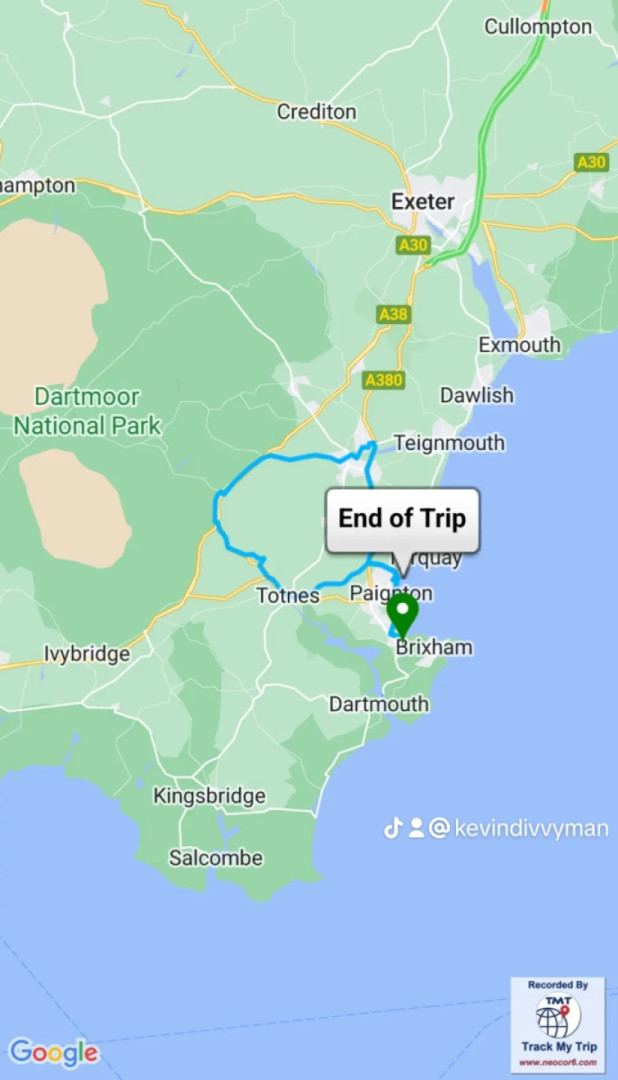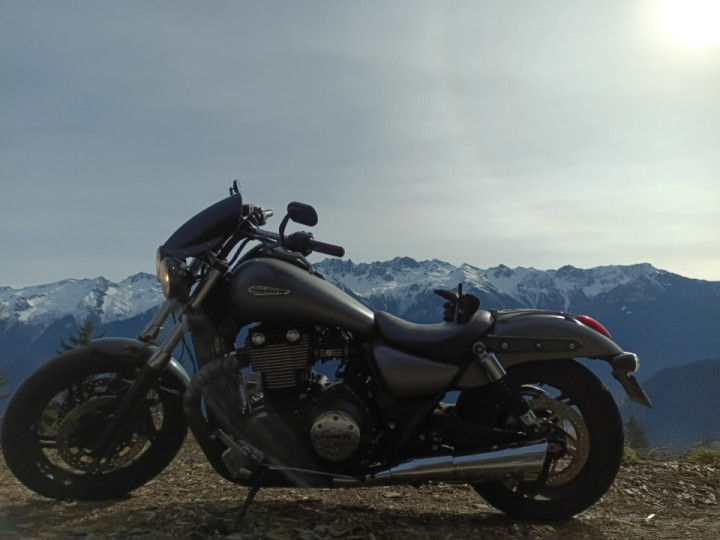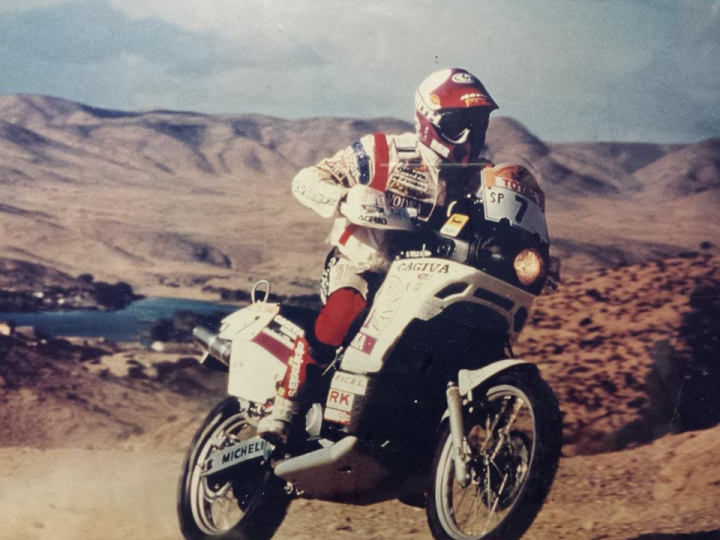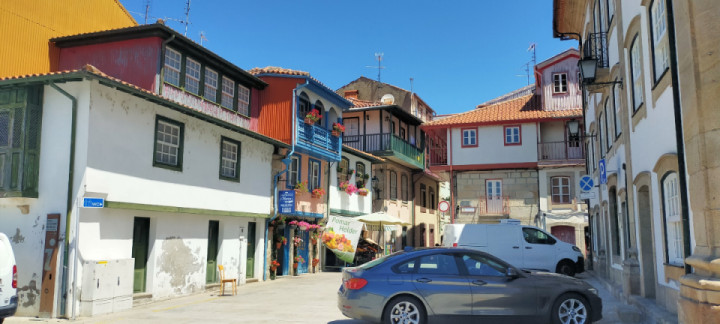Dakar 1985 | La Cagiva Elefant, 1st 750 according to Giampaolo Marinoni
The Desert? For a bergamot accustomed to mountains like me it is still wonderful; I like to run there, I like African slopes. i like raids because they're a school of life, a way of feeling free". Yet Giampaolo Marinoni. 26 years, born in the province of Bergamo, a past as a professional runner in European regularity races, a militancy that still lasts in the fiamme oro sports group, those to which many cross-countrymen belong, still door on the face, days away, the signs of "his" desert.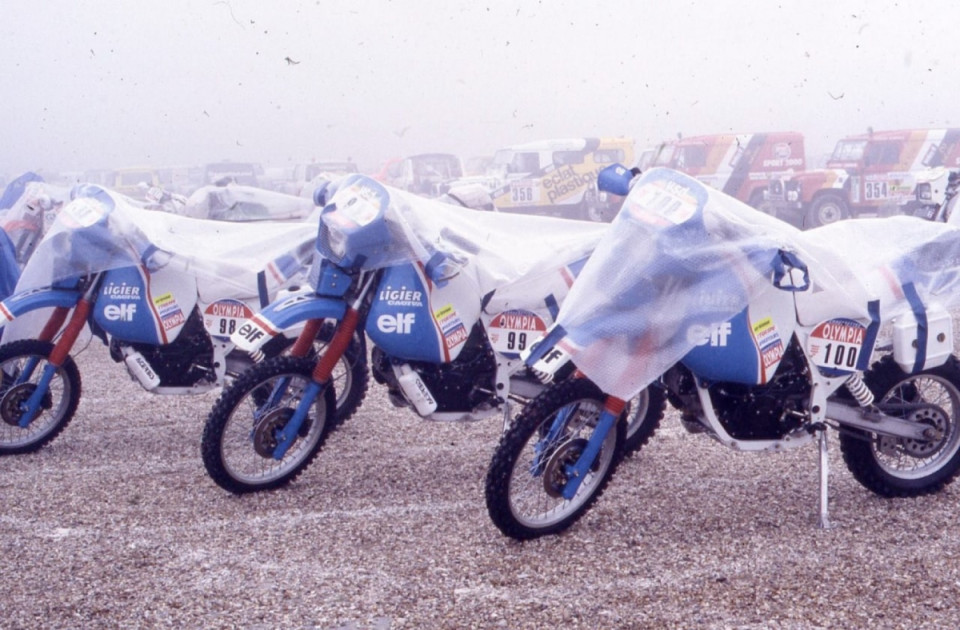
Left hanging for the rupture of the clutch of the Ligier-Cagiva in the penultimate stage of the Rally algeria, Marinoni first walked a dozen kilometers alone in the sand, then he found a ride on the Yamaha 600 of ’American Stearns, finished out of maximum time, and finally he fell ruinously out of his face with the #8217;American because these, perhaps for breaking the rear suspension or for putting the wheels in two different grooves, had lost control of the bike in full straight.
Grudge against the Marinoni desert does not bring any: "I would be ready to start again today for another race", says. You won't have to wait long because the Paris-Dakar, the race in which he will take part on the Ligier-Cagiva alongside Auriol and Picard to counter the pace at BMW, Honda, Yamaha and Suzuki, will start in exactly a month: on January first. Marinoni and Auriol took the African race very seriously: The Ligier-Cagiva (but who knows why the name Ducati, which is the brand that supplied the engine and whose racing department has materially worked behind the bike is never mentioned…) the moment he debuts at Paris-Dakar he will have only two test races behind him: the Spanish Baja and the rally of Algeria novembrino; in this last race the Italian bike has highlighted enormous skills even if the fragility of some components, clutch in particular, they forced her to retire.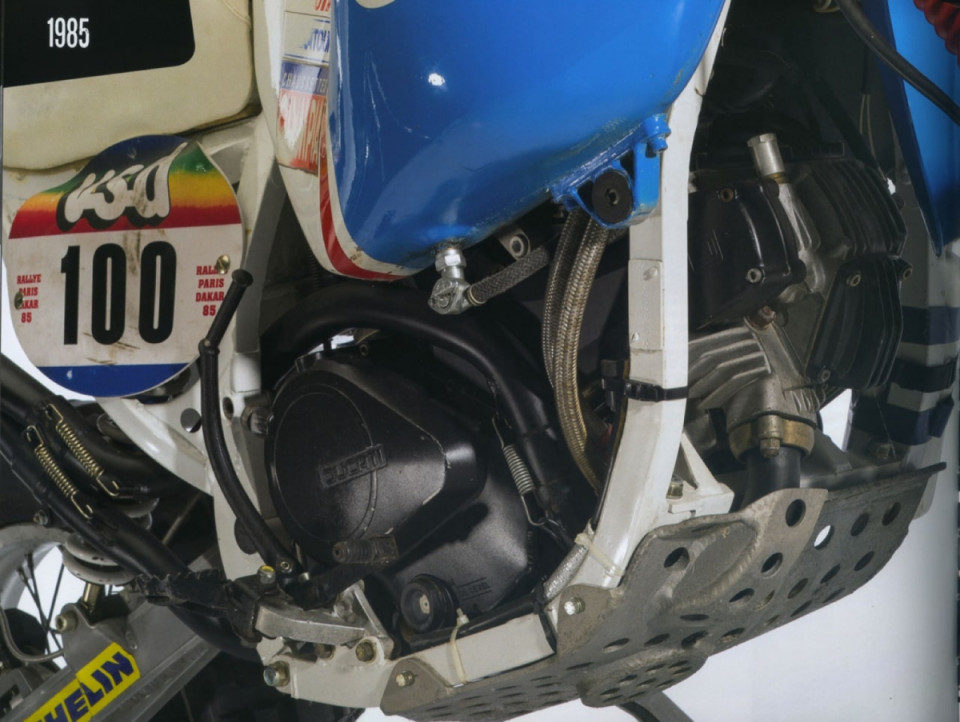
The Ligier-Cagiva is fitted with the twin-cylinder L-shaped engine 4 times of 750 cc of Ducati: is the same engine used in endurance racing, even if the power is considerably lower. Bmw's engine is also twin-cylinder, but with boxer cylinders (in 180 degrees between them); the fact that the 980 bmw favourite derives from a much calmer road engine than ducati means that the Italian engine, comfortable in circuit racing, is less suitable for desert competitions?
Marinoni is not of this opinion, far from it. "I think the characteristics of the Ducati engine are very good for African races. Also because on the track Ducati uses engines that develop about 95/96 horses. In the desert you need much less power. This engine will have from the 65 To 75 horses: has been depowered to earn couple, shooting down. This engine from Africa, which is a 750, runs at lower speeds of the Ducati 650 road but it has a lot more progression: in 5000 laps already develops 52 of 70 horses of maximum power.' The rivalry between Ligier-Cagiva and BMW fuelled by the controversial statements of the representatives of the two teams. The German brand has swaggeringly stated that their twin-cylinders, '85 edition, winners a couple of months ago of the Faraoni Rally, develop today a hundred horses. At least thirty more than what Cagiva admits. Which, if it were true, would mean chance of getting higher top speeds.
Marinoni, on the other hand, judges these statements as pure pretactic. "I don't believe it; i like to say things like they're: I could declare you too 90 power horses without having them, BMW declares 100 horses c Rahier, their pilot, says that his empty bike, without gasoline, Weighs 140 Chili, what for me unheard of because everyone knows how to do the math: a motorcycle like the BMW, by series, can't weigh less than 155 Chili. Also admitting that the Germans worked around it to lighten it, they can't have earned, many kilos because too many are the components to add to a motorcycle for it to be able to face a Paris-Dakar. Components that have a mass. Then an engine 1000 how theirs needs certain masses to work. Only the BMW engine weighs 60 Chili; have ranges equal to our, the wheels are the same, the BMW cardan transmission I think weighs more of our chain; then where did they earn those 20-30 kilos compared to our Cagiva that come to 160-170 kg? Only with plastic tanks?».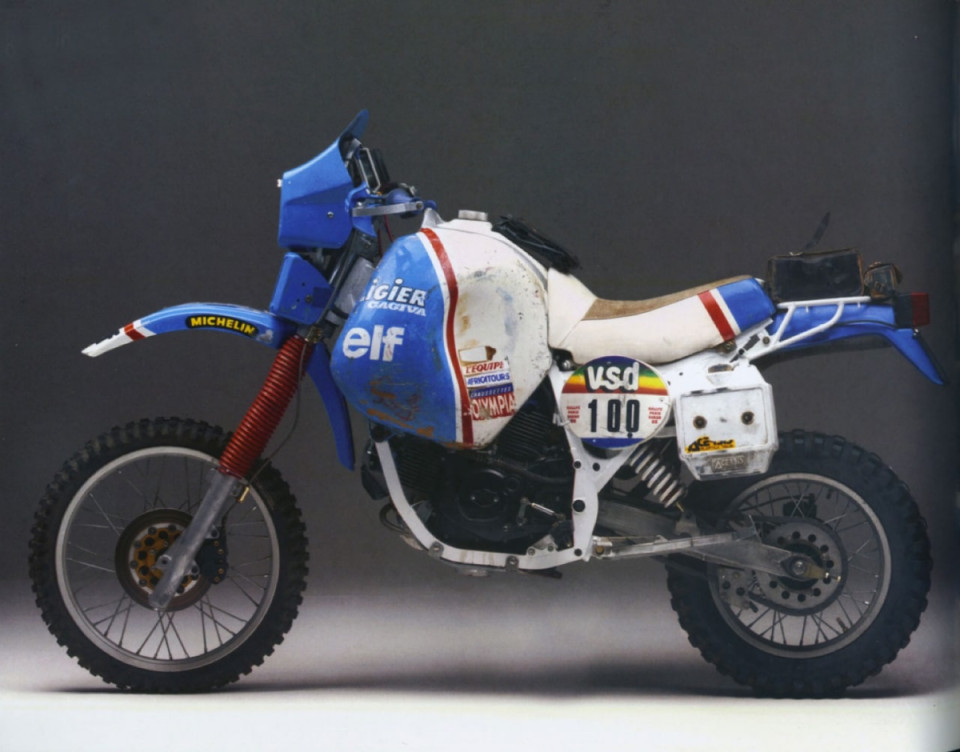
One of the most curious changes made to the Ducati engine 750 of Ligier-Cagiva, compared to the road thruster, is the flip of the rear cylinder head. "The purpose of – marinoni explains – is to have both carburetors between the cylinders. The advantage is immediate: the carburetor behind the cilindro would receive too much hot air: this accommodation instead allows us to have the two carburetors close, at the capacity of the large air filter that has a direct suction from the frame through two ovalized holes". A serious problem in motorcycles for African races is the autonomy: must be able to cover at least 450-500 km without supplies. In addition, in the desert the average consumption increases dramatically because the sandy bottom, worsening adherence. often forces the engine and wheel to work empty; the gigantic tanks that inspired 'African' fashion are therefore explained.
The Cagiva, whose twin-cylinder engine is even less parked than others, bypassed the #8217;obstacle with two tanks. "The upper one contains 49 liters – marinoni says – plus we have one under the saddle from 14 liters; first we consume all the gasoline of the main tank so that you lower the center of gravity of the bike; lastly we use the secondary tank. We have a vacuum pump. that feeds carburetors. Of course with about sixty kilos of fuel in full tanks l’trim changes, you have to adjust accordingly before you leave.".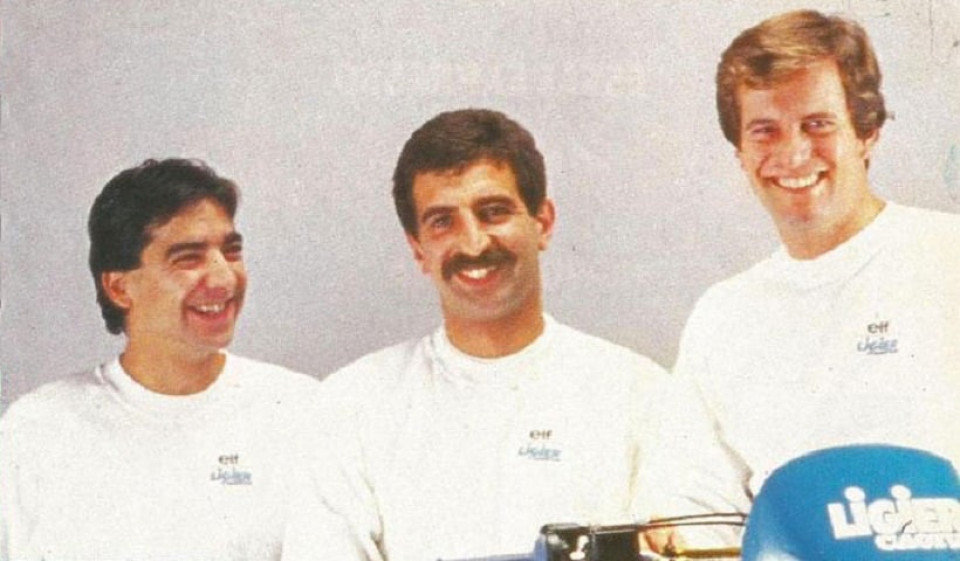
 Follow
4K
Follow
4K


